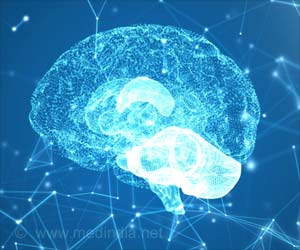
‘New study sheds light on the workings of aging brains that may deepen our understanding of Alzheimer’s disease and similar disorders in humans.’
Tweet it Now
“We’re trying to understand normal memory and why a part of the brain called the hippocampus (located deep in the brain’s temporal lobe) is so critical for normal memory. But also with many memory disorders, something is going wrong with this area,” says senior author James Knierim, University’s Zanvyl Krieger Mind/Brain Institute.It is scientifically well-known that neurons in the specific region of hippocampus — CA3 are responsible for a complimentary pair of memory functions called pattern separation and pattern completion in a gradient.
Disrupted Memory in Aging Brain
Normally, the pattern separation and pattern completion work hand-in-hand for perceptions and experiences.If you visit a restaurant with your family and a month later you visit the same restaurant with friends, you should be able to recognize that it was the same restaurant, even though some details have changed — this is pattern completion. But you also need to remember which conversation happened when so you do not confuse the two experiences — this is pattern separation.
However, the team discovered that as the brain ages, there is an imbalance between the two regions of CA3 — proximal and distal, allowing the pattern separation function to fade away, and the pattern completion function to take over.
“If we can understand better what these compensatory mechanisms are, then maybe we can help prevent cognitive decline with aging. Or, if we can’t stop it, maybe we can enhance other parts of the brain to compensate for the losses that are occurring.” “It would give us better control of where we could possibly target the deficits that we see,” says Knierim.
Advertisement













